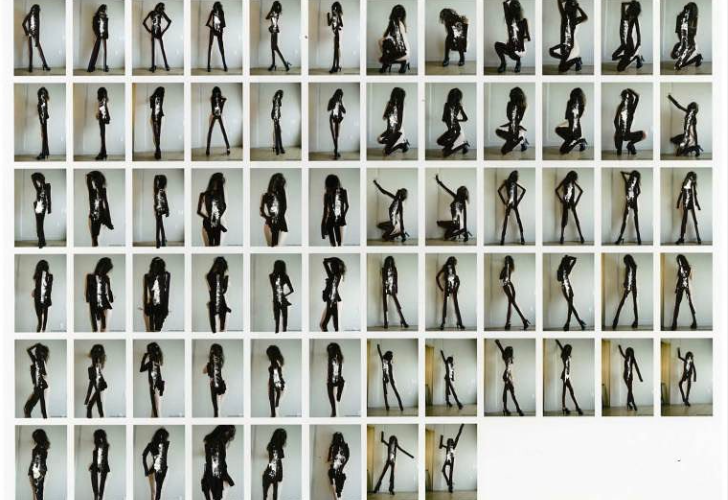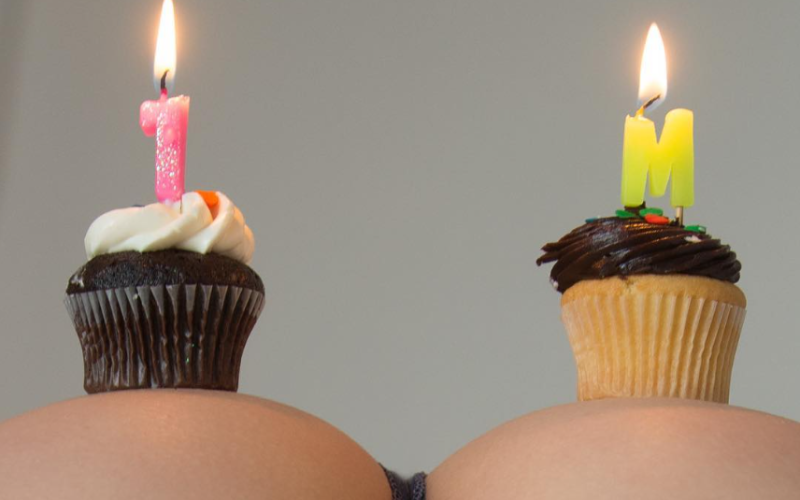Episode 49: I Will Tell You What You Will Feel
We read through section 52 of Contributions to Philosophy (of the Event) and hear about the transition from the Christian dogma of “created being” to the liberal dogma of “objectivity and machination” and the need for the future ones to experience the abandonment by being as the basic occurrence of our history by remembering it…
Read More








